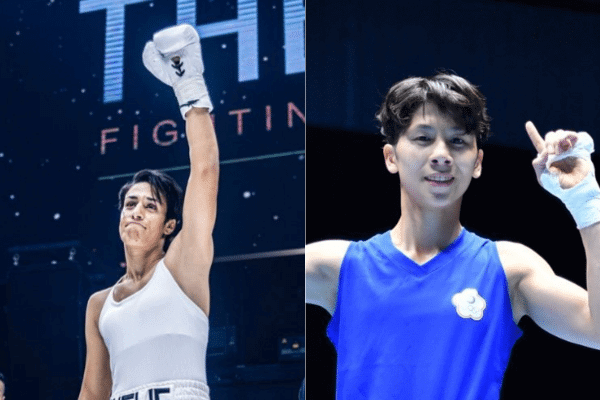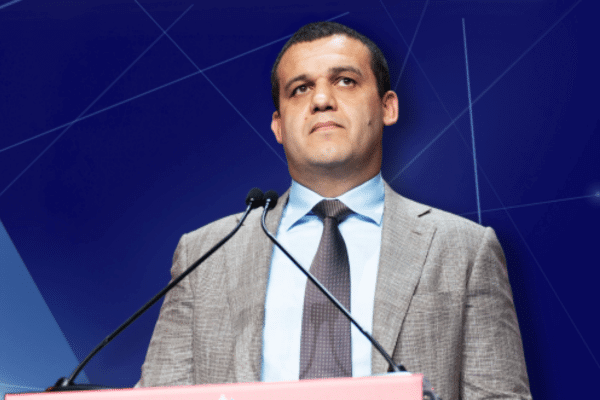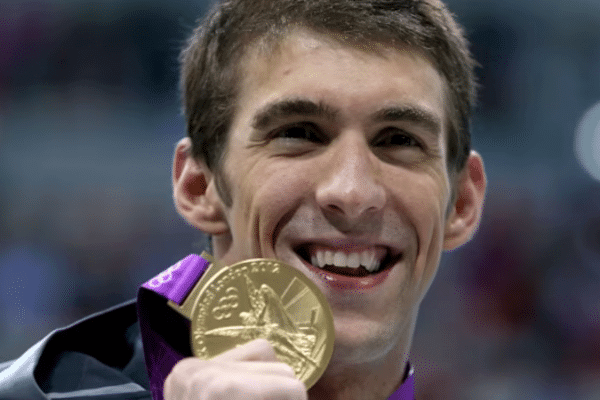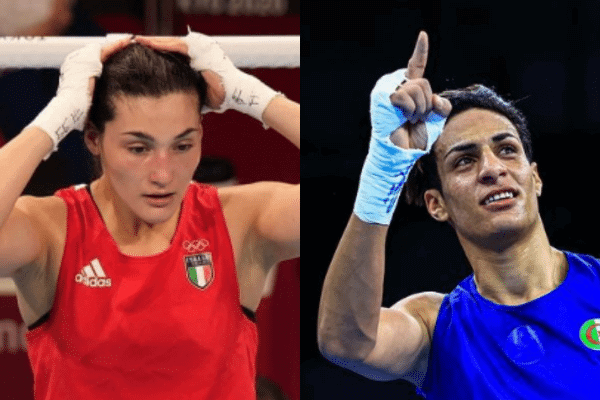It’s emblematic of the hyper-partisan milieu of global political discourse that a convicted child rapist playing at the Olympic Games garners less attention and scrutiny than a biological female competing in women’s boxing. After all, there was no public outcry in Tokyo three years ago when Algerian boxer Imane Khelif competed (and failed to win a medal), as the world focused on navigating its cautious emergence from COVID-19. And when Dutchman Steven van de Velde – who served time for raping a 12 year-old girl – stepped onto the beach volleyball court, the backlash was almost ephemeral.

Khelif and Taiwan’s Lin Yu-ting became the unwitting centre of a firestorm after participating in women’s boxing at the Olympics months after being disqualified from the 2023 World Championships for failing to meet the gender eligibility criteria of the International Boxing Association (IBA). The IBA’s president, Umar Kremlev, was quoted telling a Russian state-owned news station, without providing evidence, that the pair were found to have XY chromosomes (typically, but not exclusively, found in males).
There’s a glaring issue though: Khelif and Yu-ting were both born as female, and the IBA has refused to release the results or nature of the tests on which it relied to disqualify the two athletes. This fuelled false speculation that the pair underwent testosterone treatment, or otherwise were born as males. Neither has been proven, and in contrast, Khelif’s father has disclosed a copy of birth records evidencing that Khelif was born female.
This means the controversy is not a matter of whether transgender athletes should be permitted to compete in women’s events, which is the subject of an altogether different, though equally important, debate.

Instead, the issue is effectively whether and to what extent a genetic advantage should render a sportsperson ineligible to compete in their chosen discipline. And that is a question that administrators around the world have squarely failed to address in a cohesive manner, thanks to a wanton conflation of the issue with gender identity politics.
Genetic advantage is an axiomatic phenomenon in sport. For instance, it’s widely recognised that those with West African ethnicities have more fast twitch muscle fibres, which permit explosive power bursts like running and jumping. Similarly, Michael Phelps, the greatest swimmer in history, produces only half the lactic acid of an average swimmer, and has a disproportionately long upper body and wingspan.
Of course, these genetic advantages don’t guarantee superiority – but they certainly help. And it’s unclear why an extra Y chromosome at birth should be treated any differently to more visually obvious genetic advantages like height or body type.

Sporting bodies around the world have simply failed to act or collaborate fast enough in developing a clear and widely accepted framework to objectively navigate these issues. Most, like the IBA are stuck in reactive mode.
IBA is a troubled governing body at best. The organisation, which oversees amateur boxing, has been regularly been plagued by corruption, judging and financial misconduct scandals, culminating in its election in 2019 of a president with alleged ties to Russian organised crime and heroin trafficking. The timing of the IBA’s decision to ban Khelif and Yu-ting during the 2023 World Championships was particularly dubious; it came not only after the two had already spent years boxing in IBA events, but immediately after Khelif defeated a Russian boxer.
The mismanagement of the IBA has led to dozens of member nations defecting from the IBA to form World Boxing, and also drove the IOC decision to take over governance of boxing events during the Olympics. It means the IBA hasn’t been trusted to run Olympics boxing since Rio de Janeiro 2016 (and looks unlikely ever to do so again).
View this post on Instagram
Suffice to say, the IBA is hardly a reliable arbiter of fairness.
Those who have suffered the most from the way the controversy has been handled and reported are of course Khelif and Yu-ting, who have been effectively rendered powerless and voiceless in the entire debate, all while competing for the most prestigious of sporting honours in one of the toughest Olympic events.
Khelif in particular has faced not only the wrath of legions on social media, but opponents who have refused to shake her hand (and later apologised), or targeted her with racist memes and comments before joining her in the ring. The toll it has undoubtedly taken on Khelif’s mental health was palpable when, immediately after defeating Hungary’s Luca Anna Hamori in the quarter-final, the Algerian boxer broke into uncontrollable tears.
It’s a fleeting glimpse of the significant price that athletes pay when the administrators they entrust with their care drop the ball.
READ MORE: Taking breaks from competing is key to athletic resilience in sports





